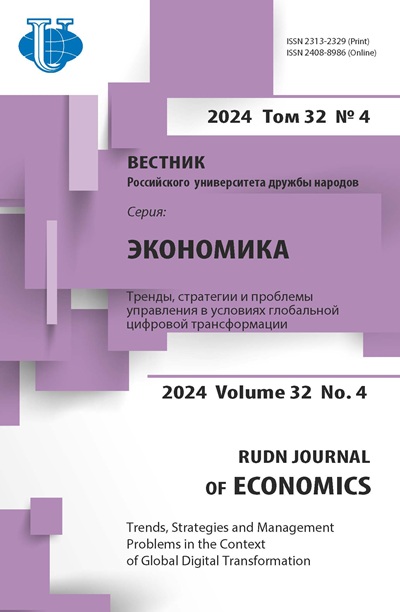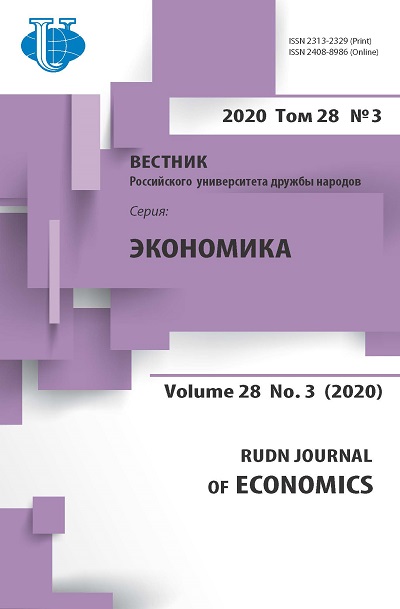Abstract
The article explores the experience of a number of EU countries. It is revealed that in the EU countries there is growing interest in using public procurement policies for food security by promoting the development of farms, small farmers entering the national market, increasing their incomes, developing rural areas, improving quality nutrition. The main directions of transformation of public procurement policies in the agri-food sector are green public procurements (GPP), aimed at solving environmental problems, and sustainable public procurements (SPP). At the same time, inclusion of quality criteria in the public procurement system and access to the market public procurement of small agricultural producers requires solving a number of problems, including increasing the professionalism of state buyers, introducing innovative methods in boards using modern technology. In addition, the multisectoral nature of these initiatives requires coordinated action between different sectors of the economy at all levels. The conclusion is drawn on the need to transform the Russian government procurement policy in accordance with the target guidelines of economic policy in modern conditions.















